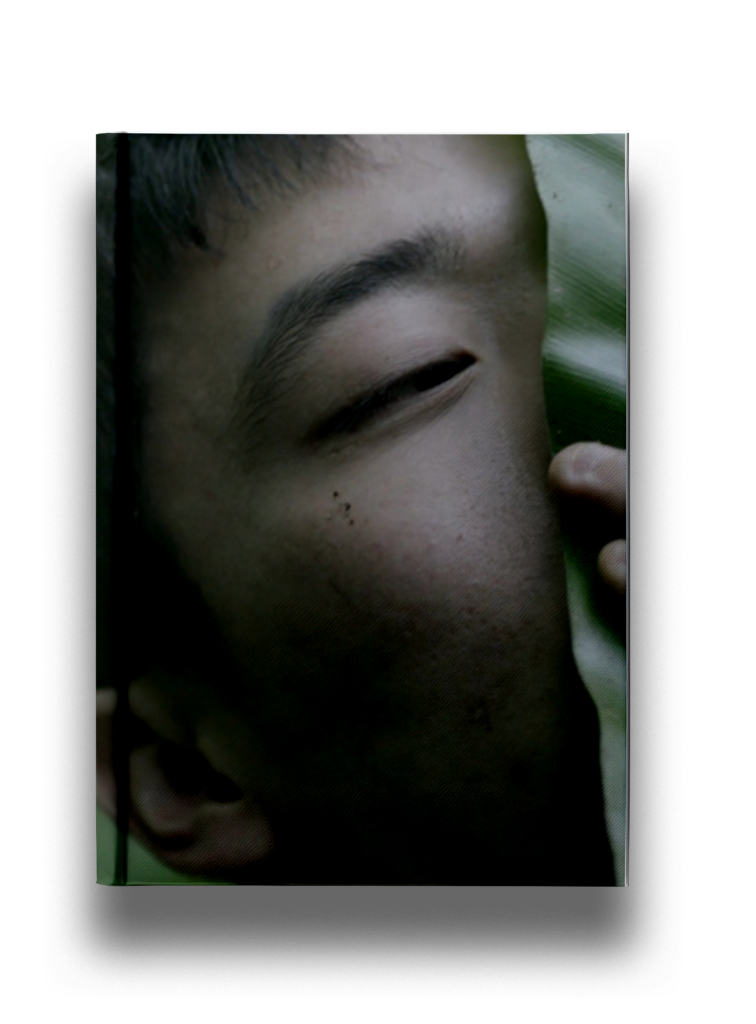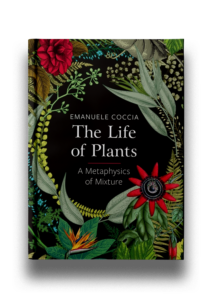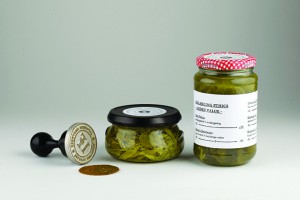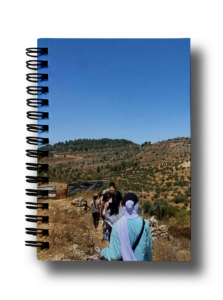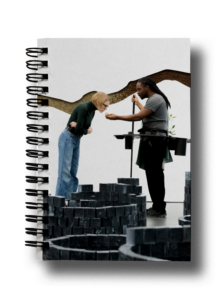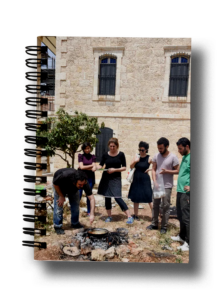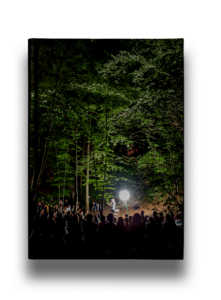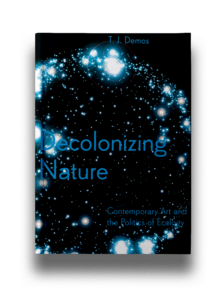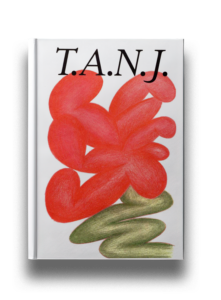Year
2020
Publisher
Soundcloud
Author
Zheng Bo
Natasha Myers
Annotation
Natasha Myers’s formulation of ‘involution’ favours a coevolution of organisms that act not on competitive pressures but on affective relations. This perspective roots us in the Planthroposcene, calling to change the terms of encounter, to make allies with these green beings, conceive them as partners. Referring to Timothy Choy, we must learn not just how to collaborate, but how to conspire with the plants. Bo Zeng in conversation with Natasha Myers radically imagines how this change of perspective could challenge the rearrangement of the political sphere in its agonistic dimension, so that plants can get space in the discourse, letting us discover ways of existence that we are not aware of and lead us to joint decision-making processes on the future.
Judith Wielander
If every political decision that we have to stick a shovel in the ground, or dig up something change or change how the land is being used, or build something here o tier something down there, every single one of those decision that we make around our private properties and enclosures, they all have consequences for plant lives. We are not attacking kind of representative democracy saying there will be a place at the table for the trees, but there will be a place at the table in the Planthropocene for the people who know these trees, who can speak for this trees. That’s the shift I like to think, plants have their people that are in relationship with them… who can speak up for the plants.
…we must relinquish control and abandon the notion that we hold domain over these green beings. We must get to know plants intimately and on their terms (Myers, in press b). And so, we need a planthropology (Myers, 2015b) to document the affective ecologies taking shape between plants and people, to learn to listen to their demands for unpaved land and, as Maria Puig de la Bellacasa (2015) reminds us, for a time outside of the rhythms of capitalist extraction. We need to tap into their desire for forms of life that are not for us. To do this, we must learn to vegetalize our all-too-human sensorium (Myers, 2014), and as Carla Hustak and I (2012) have argued elsewhere, learn how to involve ourselves with plants. We must reconstitute what Anna Tsing (2015) might call a planet fit for “collaborative survival”. If not, their undoing will truly be our undoing.
